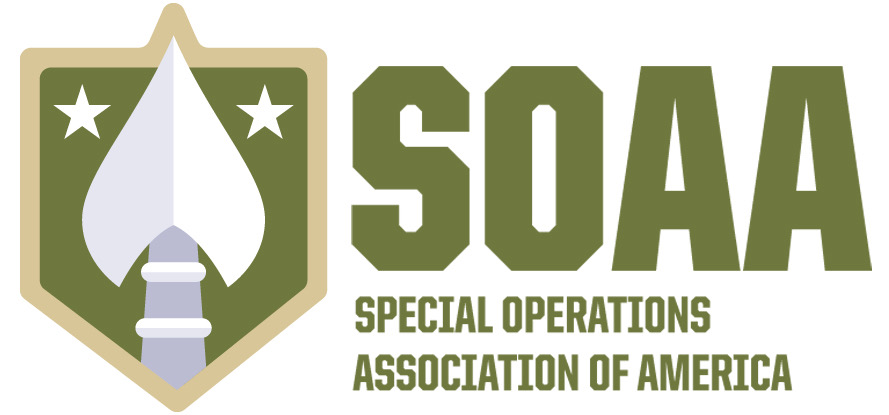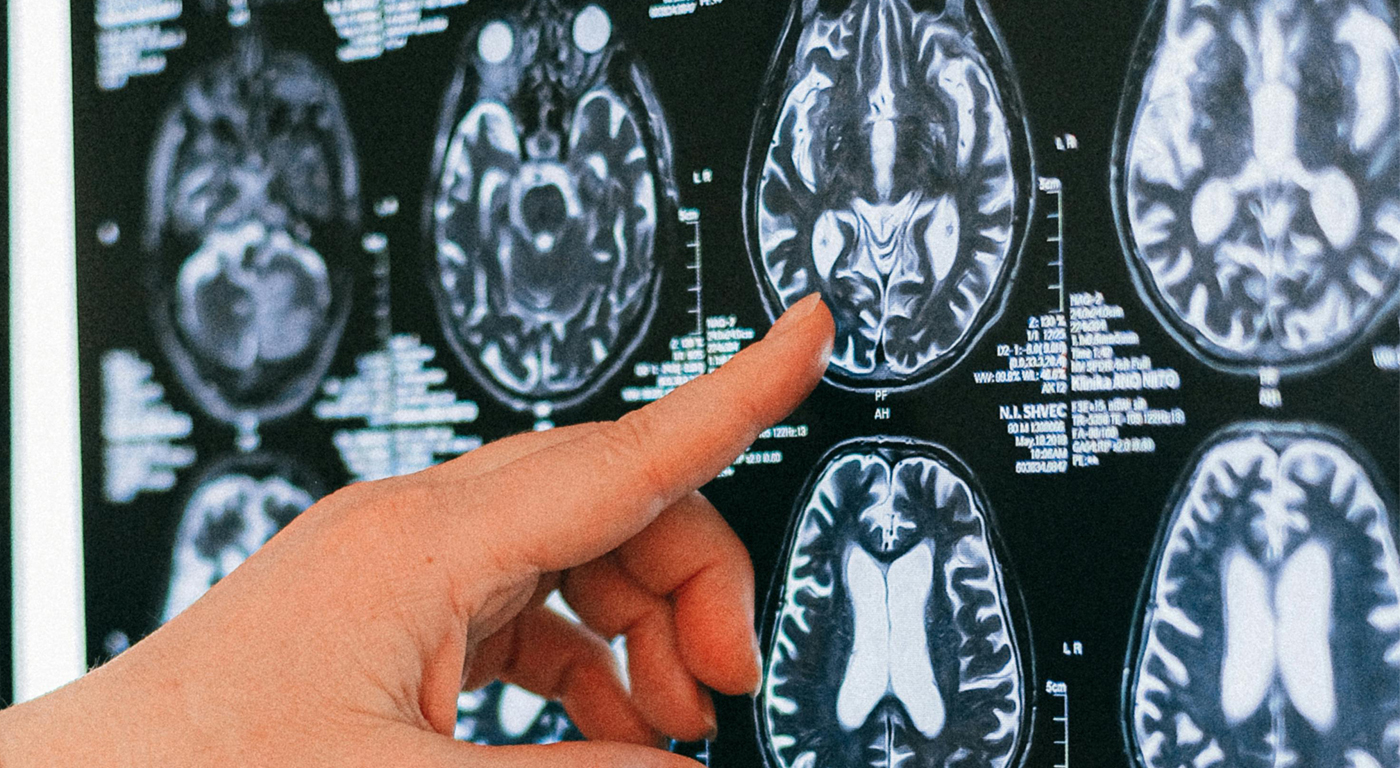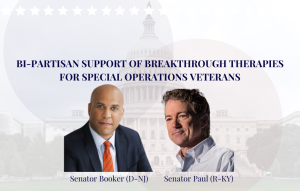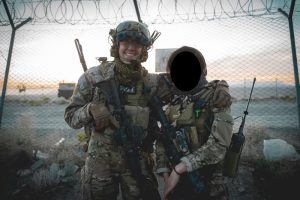When decorated Green Beret Andrew Marr found himself at rock bottom struggling with severe PTSD, dependent on 13 medications and battling alcoholism, conventional treatments for his problems had already hit a wall. Then he met neuroendocrinologist Dr. Mark Gordon. Dr. Gordon had pioneered an innovative approach to traumatic brain injury (TBI) and has since helped over 1,600 veterans reclaim their lives from the invisible wounds of war.
“I was in a dark place, barely existing with severe cognitive decline and emotional instability,” Marr recounts in the documentary Quiet Explosions. “Dr. Gordon’s protocol didn’t just manage my symptoms, it addressed their root cause. Within weeks, I felt my brain coming back online.”
As Veteran suicide rates remain alarmingly high and TBI-related conditions continue to devastate military families, innovative treatment approaches like Dr. Gordon’s deserve serious consideration by policymakers and Veterans’ organizations alike. For SOAA, whose mission centers on elevating ground truth into policy, this represents a critical opportunity to transform veteran care.
Beyond Symptom Management: The Science of Neuroinflammation
The Department of Veterans Affairs still predominantly treats TBI symptoms through psychotropic medications, often prescribing multiple drugs to address depression, anxiety, sleep disturbances, and cognitive impairments. Unfortunately, research shows this approach often only provides temporary relief but rarely addresses underlying causes.
Dr. Gordon’s paradigm-shifting approach starts with a comprehensive 28-point biomarker panel that identifies specific neurochemical imbalances caused by trauma. “The neuroinflammatory cascade following brain trauma disrupts critical hormone pathways, creating the conditions for depression, anxiety, cognitive decline, and even suicidal ideation,” explains Dr. Gordon, whose early career spanned internal medicine, orthopedics, and sports medicine before his 2007 pivot to serving military Veterans.
This approach represents a fundamental shift from the current standard of care. Where conventional treatment focuses on symptoms, Dr. Gordon targets the underlying neurophysiological disruptions, restoring homeostasis through targeted supplementation and hormone optimization. This creates what he calls a “neuro-permissive environment” for healing.
Evidence of Efficacy: From the Battlefield to the Laboratory
Medical skepticism toward alternative treatments is warranted, but Dr. Gordon’s approach has accumulated significant evidence:
- A 2020 Marine Corps pilot study examined the effects of Brain Rescue 3, a nutraceutical blend targeting neuroinflammation, on active-duty Marines with subconcussive and concussive brain injuries. Participants reported improved cognitive function, reduced migraines, better sleep quality, and enhanced emotional stability.
- Notable veterans like Andrew Marr have publicly shared their recovery stories in forums including Joe Rogan’s podcast (episodes #700, #1056, #1589, and #2262), providing first hand testimony of the protocol’s effectiveness.
It’s worth noting that while these results are promising, the approach has not yet undergone large-scale randomized controlled trials. However, as Dr. Gordon points out in his published research, the urgency of the Veteran TBI crisis demands consideration of promising treatments even as more rigorous studies are pursued.
Strategic Implications for Military Readiness
The Veteran TBI crisis has broader implications for national security and military readiness. As noted in SOAA’s analysis of emerging threats, America’s operational effectiveness depends on both active-duty personnel and the veteran community that supports them.
Dr. Gordon’s treatment protocol addresses a critical gap in our medical approach to brain injuries, one supported by the Department of Defense as essential for preserving combat effectiveness and Veteran reintegration.
“We’re not just talking about quality of life, though that’s paramount,” says Daniel Elkins, Founder and President of SOAA. “We’re talking about preserving the specialized knowledge and capabilities of our Special Operations community, assets that are irreplaceable for national security.”
The Path Forward: From Innovation to Implementation
While Dr. Gordon has worked to reduce costs, with Veterans now covering only a portion of treatment expenses, the goal is integration into mainstream Department of Veterans Affairs (VA) and Department of Defense (DoD) protocols.
This is where SOAA’s advocacy capabilities become critical. Through strategic engagement with policymakers, SOAA can help bridge the gap between innovative treatment approaches and institutional adoption.
Specifically, SOAA recommends:
- VA pilot program expansion: Establish a formal expanded pilot program within the VA to evaluate Dr. Gordon’s protocols across multiple VA medical centers.
- Biomarker screening integration: Implement the 28-point biomarker panel as a standard screening tool for Veterans with traumatic brain injuries or persistent post-concussive symptoms.
These recommendations align with the VA’s own stated goals of improving TBI outcomes through innovative treatment approaches, while potentially reducing long-term costs associated with chronic medication use and disability payments.
A Future of Neurological Resilience
Dr. Gordon’s vision extends beyond individual treatment to broader systemic change. For SOAA, championing this approach aligns perfectly with our mission to translate frontline realities into action-ready insights that keep America safe. Our organization’s unique position at the intersection of Special Operations expertise and policy advocacy makes us ideally suited to drive this initiative forward.
By supporting the integration of Dr. Gordon’s methodologies into standard VA and DoD protocols, we can help ensure that the invisible wounds of war receive the sophisticated, science-based treatment they deserve.
Take Action: Veterans seeking more information about Dr. Gordon’s approach can visit TBIHelpNow.org. Those wishing to support SOAA’s advocacy for improved TBI treatment can donate here or contact their congressional representatives to urge support for innovative veteran care initiatives.





